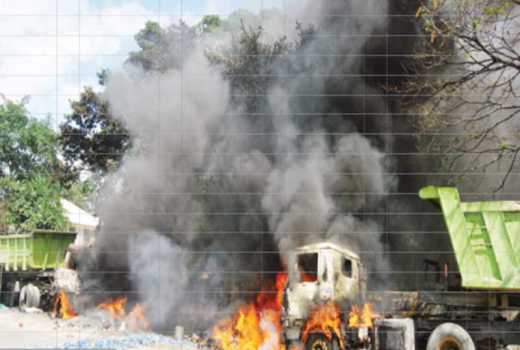×
The Standard e-Paper
Smart Minds Choose Us

A new push by Ministry of Education to compel public universities to enforce security measures to protect learners and property has raised weighty questions about compliance.
Education Cabinet Secretary Mohammed Amina has formed a new team to advise on the security situation in public universities and report within one month.